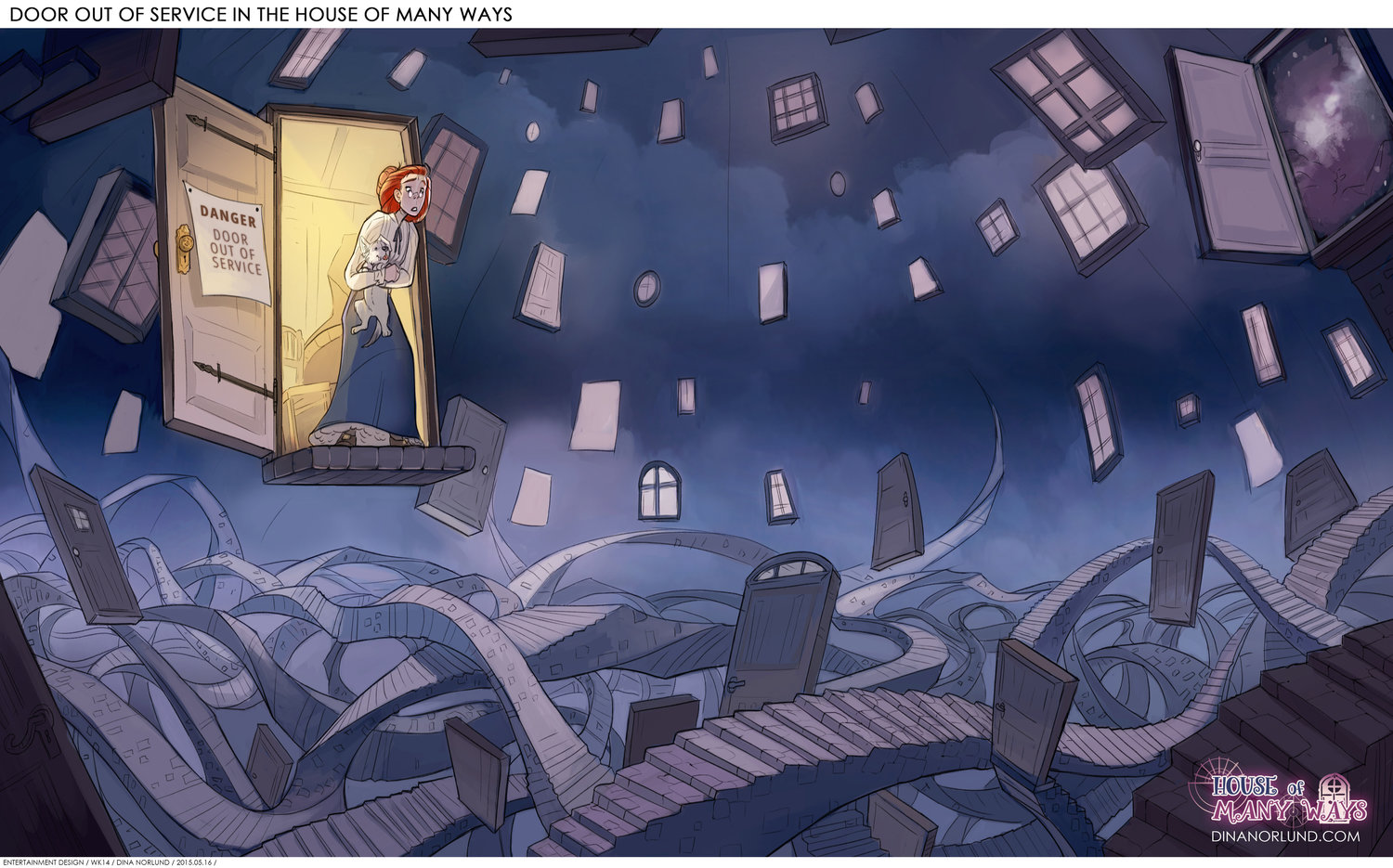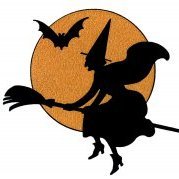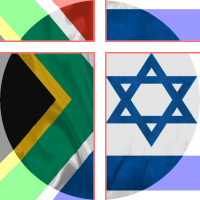-
Posts
1336 -
Joined
-
Last visited
Trutharchivist's Achievements
730
Reputation
Single Status Update
See all updates by Trutharchivist
-
All right. So, I know I said my next supplemental will be in a month, but Jerusalem Day is upon us again and there are some things I'd like to cover that I missed in my previous post. I mean, I did say there that I didn't nearly cover enough, and honestly I'll never be able to completely fix this, but I can add some other stuff I skipped but now I think are important, or things I found out on later.
So, I may have reduced the Crusaders' control of Jerusalem too much - they managed to have it for certain periods, one of 88 years from 1099 to 1187, and another of 15 years between 1229 and 1244. Not too significant, but important. I'm still not getting into the different Muslim rulers - suffice it to say that it was part of the Umayyad Caliphate at first, held by the Seljuks for a short while, ruled by the Ayyubid dynasty and later by the Mamluks, who were later succeeded (that is to say, conquered) by the Ottomans. Which I mistakenly but continually referred to as Othomans in my original post - due to how it's spelled in Hebrew. Either way, I'm intending to talk about them a little today.
You see, Jerusalem was a walled city... For certain portions of its time. It was during the Jebusite era, and King David did not break the walls in order to conquer it. Throughout the days of the Kingdom of Judea, multiple kings have made their effort to keep the city safe. After the breaching of the walls following the Babylonian siege, the city fell into disrepair. It took about a century for the walls to be rebuilt by Nehemiah - but this is the portion of history where the accounting of years is a bit confusing. By the end of the 2nd Temple time, there were apparently three different walls surrounding Jerusalem, most of which built by the Hasmoneans or their non-independant successors, Herod and his descendants. The Romans destroyed them all, obviously. Multiple rulers of the area rebuilt the walls, including at least one Byzantine empress (emperor's wife) and a couple of Muslim rulers. But the walls you can see standing today, surrounding what is known as the Old City, were built by the Ottoman ruler Sultan Suleiman.
There was one legend I vaguely remember about a dream that led him to build it, but I made a habit of not talking too extensively about legends (plus I don't remember it well). Anyway, it is him who gave us those walls, so thanks are due.
If I was slightly less lazy I might've started talking about, say, the various gates; sadly, I am lazy, so I'll just mention that Jaffa Gate is the one through which one enters in order to get to the Western Wall (it's the closest), I think Damascus Gate leads to the Muslim quarter but I might be completely wrong, and the Lions' Gate - which actually has leopards etched over it and not lions - is the one through which the Paratroopers entered when they conquered Jerusalem, and it led somewhat more directly to the Temple mount. While I do live in Jerusalem, I'm pretty sure I entered the old city usually through either Jaffa Gate or Dung Gate (which leads to the Jewish quarter. A pleasant name, don't you think?). I may have went through one or two of the others, I don't really remember. Yeah, I'm not really your first puck as a tourist guide, I'm afraid.
Another point I wanted to touch is something of a theme naming in the Bible - there are two people who are said to be kings of Jerusalem (well, one is Shalem but it's assumed to be Jerusalem), and both of their names end with Zedek, which means justice in Hebrew. Incidentally, Isaiah prophesized that at some point Jerusalem will be called the City of Justice.
Anyway, that's just a random note. And this is because there's something I want to actually focus on today, and that's a certain song: Jerusalem of Gold.
The story of this song starts in 1967. There was some tension brewing up around Israel. Preparations for war were being made, and it was clearly visible. During that time, the mayor of the Israeli half of Jerusalem - Teddy Kollek - wanted to have a song about the city sung at the Israeli Sing Festival. So after some inquiries, he turned to Naomy Shemer to write it.
Now, part of what I'm going to say is based on my memories instead of clear cut facts, but I think Shemer - a prominent songwriter at the time - didn't want to compete in the Festival, which is why her songs weren't much present in it prior to this. She was promised that this song won't be part of the competition, and so she wrote this song - about Jerusalem that is divided.
Three weeks later, the war started. I went over it briefly in my previous SU on the topic, and while it wasn't detailed I'm going to mostly skip it because despite my attempts here I'm not really a historian. Relevant points might include that when Rav Goren - then the chief rabbi of the IDF - got to the Temple Mount he sounded the Shofar, a ram's horn that is ritually blown in during certain events in Judaism. There's also a very famous picture of the Paratroopers at the Western Wall. So, Naomy Shemer was asked to add a verse to the song, to celebrate the reuniting of Jerusalem - which she did.
This song is a big deal in Israel. Most everyone who remembers Jerusalem day will sing it during it. There was a period when it was suggested as a replacement national anthem. Shemer became considered by many (except for herself) as the National Songwriter due to it. And I might not have successfully imparted here the significance of that song, I'm sorry.
I think that will be it for this year about Jerusalem. If I really wanted to get deeply into its history for every year from now on, I'd likely have never finished. My current plan for pseudo historical essays is more about Jews and Judaism, and I intend to post them in my blog - the next one there (once I get around to writing it) will be about Conservative Judaism, then I intend to talk about Sabbateanism and its effects, which is going to be (IMO) an interesting journey. Thank you for reading, and have a good day!


.thumb.png.5afeb53c24c681e1d35e3f8ba62a6319.png)










